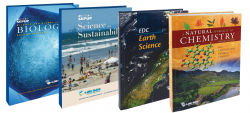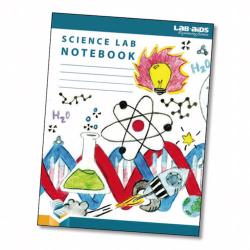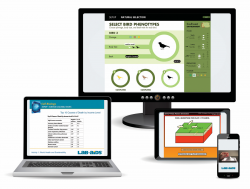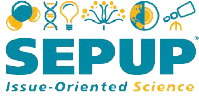It's not a textbook. It's not a kit. It's a program.
Each program component references the others to form a cohesive learning system for teachers and students.

Student Books
Take a Look inside
PROGRAM SUPPORTS
Literacy
Embedded strategies help teachers explore students' thinking and give students multiple opportunities to confront their preconceptions.
Assessment
The SEPUP programs have an integrated assessment system to collect evidence on student learning and improve performance.
Differentiation
An intentionally flexible approach to all program activity types help accomplish our goal that all students achieve scientific literacy.
Wilson High students used SEPUP™ Science and Sustainability in their freshman year - student pass rates on the science portion of the Washington State High School Proficiency Exam (HSPE) improved from 23% to 44%.
True or False
false
The Amgen Foundation partnered with Change the Equation to conduct a survey to better understand what motivates U.S. high school students to pursue a science education. The study shows that while 81% of students find science interesting, only 37% like their science classes.
false
The Amgen Foundation partnered with Change the Equation to conduct a survey to better understand what motivates U.S. high school students to pursue a science education. The study shows that students want additional opportunities that will inspire and teachers are uniquely positioned to do that.


